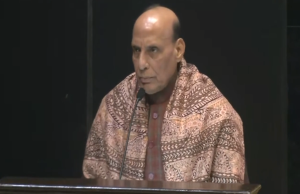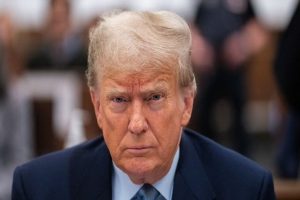US President Donald Trump has cut tariffs on food imports as affordability emerges as a potential political factor. India’s mango, pomegranate, and tea exports are likely to benefit from the move. White House has announced that tropical fruits and juices, tea, and spices are among the imports that will not be affected by reciprocal tariffs. Other items mentioned in the White House fact sheet include coffee and tea, cocoa, oranges, tomatoes, and beef.
Trump had previously imposed 25 per cent reciprocal tariffs on imports from India and added a 25 per cent punitive tariff for buying Russian oil. To contain inflation, Trump earlier exempted generic medicines from tariffs, benefiting India, which supplies 47 per cent of the generic medicines prescribed in the US. Some of the increases in food prices were due to the higher tariffs, which were passed on, in whole or in part, by importers and retailers to customers. In recent elections in New York City, New Jersey, and Virginia, Democrats’ campaign focus on “affordability”-rising costs straining voters’ budgets-contributed to their victories.
While Trump has been engrossed in international affairs, tariffs, and investments, voters were concerned with the more immediate issue of rising prices. An NBC News poll released this week showed that 63 per cent of all registered voters said Trump had fallen short of their expectations on the cost of living and the economy, including 30 per cent of Republicans.








